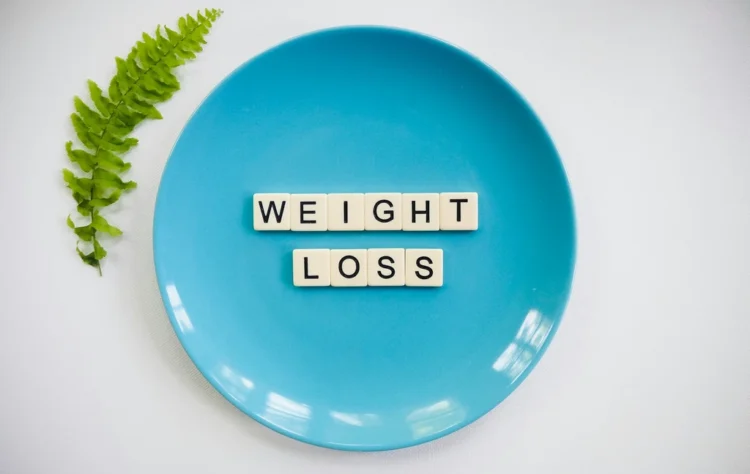Understanding the Basics: Calories and Fat Loss
In the quest for the ultimate weight loss strategy, two main contenders often surface: calorie counting and hormone management. For decades, the primary advice offered by health experts revolved around the ‘calories in versus calories out’ formula. Simply put, if you consume fewer calories than your body needs, you will burn fat and lose weight. However, in recent years, the role of hormones in regulating fat storage and burning has come to the forefront of nutritional science, leading many to question whether it’s calories or hormones that truly drive fat loss.
The Caloric Perspective: Energy Balance
The caloric equation is a well-established concept in weight management. When you eat, your body uses the calories from food for energy. If you consume more calories than you burn, the excess energy is stored as fat. Hence, reducing calorie intake or increasing expenditure through exercise should theoretically lead to weight loss. This straightforward approach has been the backbone of most dietary guidelines and weight loss programs. It’s easy to understand and implement, often involving counting calories to ensure you don’t exceed your daily limit.
Many studies have shown successful weight loss when subjects stick to a calorie-deficit diet. However, focusing solely on calories can be misleading if one ignores the quality of the food consumed. Not all calories are created equal, and a 100-calorie serving of vegetables impacts your body differently than 100 calories from a candy bar.
Hormones: The Biological Regulators
On the other side of the debate lie hormones, the body’s chemical messengers that control various processes, including metabolism, hunger, and fat storage. Hormones like insulin, leptin, ghrelin, cortisol, and thyroid hormones play significant roles in determining how and where fat is stored and burned.
For instance, insulin, secreted by the pancreas, helps control blood sugar levels. Chronic high levels of insulin, often a result of a high-sugar or high-carb diet, can lead to increased fat storage, particularly around the abdomen. Conversely, managing insulin levels through low-carb diets can enhance fat burning. Leptin, known as the ‘satiety hormone,’ can affect hunger cues and energy expenditure, often becoming less effective in individuals with obesity.
Moreover, stress-induced hormones like cortisol can lead to ‘stress eating’ and fat accumulation in the abdominal area. Thus, those advocating for the hormonal approach suggest that controlling these hormones through diet, lifestyle changes, and stress management can more effectively promote fat loss than simply counting calories.
Quality over Quantity: Merging Both Approaches
Instead of viewing calories and hormones as mutually exclusive, a more productive strategy might be considering how both interact. Quality nutrition promotes a healthy hormonal environment, optimizing metabolism and enhancing energy expenditure.
A diet rich in whole, unprocessed foods can provide the nutrients necessary to maintain hormonal balance. Foods like lean proteins, whole grains, healthy fats, and a variety of fruits and vegetables can help regulate insulin levels, support thyroid function, and maintain steady energy levels without drastic fluctuations in hunger.
Physical activity also plays a crucial role in this equation. Exercise not only burns calories but also influences hormonal health by improving insulin sensitivity and promoting the release of endorphins, the body’s natural mood elevators. A balanced approach that includes strength training and cardiovascular activities can enhance both calorie expenditure and hormonal balance.
Real-World Implications and Personalization
It’s essential to acknowledge the individual differences in metabolism and hormonal balance. Factors such as age, gender, genetics, and lifestyle can all influence how one’s body responds to both calorie reduction and hormonal balance efforts.
Personalized nutrition and fitness plans tailored to an individual’s metabolic and hormonal profiles could offer a more effective solution than one-size-fits-all calorie counting diets. It emphasizes the need for a holistic approach that considers not just calorie intake but also sleep, stress management, and overall lifestyle adjustments.
In conclusion, while the debate between calories versus hormones in the quest for fat loss continues, embracing a balanced perspective that values both can lead to the most sustainable results. By focusing on nutritional quality and lifestyle factors that support hormonal health, individuals can achieve healthier, longer-term weight management.










Discussion about this post